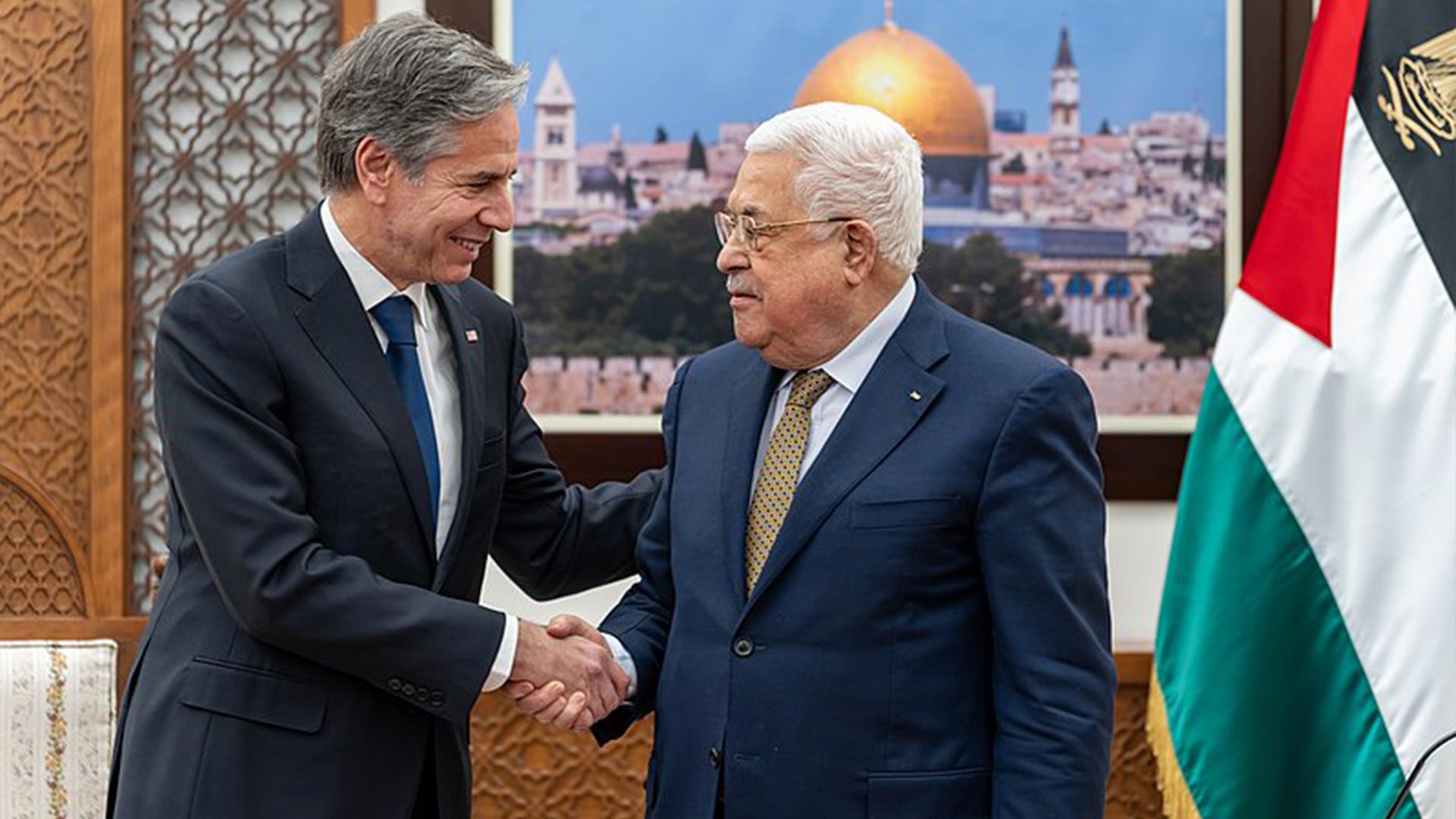-
Middle East Policy has been one of the world’s most cited publications on the region since its inception in 1982, and our Breaking Analysis series makes high-quality, diverse analysis available to a broader audience.
-
Middle East Policy has been one of the world’s most cited publications on the region since its inception in 1982, and our Breaking Analysis series makes high-quality, diverse analysis available to a broader audience.

Policy Brief Program
November 7, 2023
On Saturday, November 4, U.S. Secretary of State Antony Blinken met with diplomats from Jordan, Egypt, Saudi Arabia, Qatar, the UAE, and the Palestinian Authority in Amman, Jordan to evaluate “aid distribution, allowing foreigners to get out and the release of hostages.” In the following days, he traveled to the West Bank and Turkey for further discussion around the Israel-Gaza war.
Regional sources report on Blinken’s diplomatic tour:
Daily Sabah reported on the talks between Blinken and Arab counterparts, writing that the foreign ministers present “called for an urgent ‘unconditional’ cease-fire in Gaza amid Israel’s incessant attacks.” Egyptian Foreign Minister Sameh Shoukry specified “the need to agree on an immediate and comprehensive cease-fire in Gaza without conditions.”
According to Egypt Independent, Blinken expressed his gratitude towards Egyptian President Abdel Fattah El-Sisi for Egypt’s “tremendous work facilitating a mechanism for foreign nationals to exit Gaza” and for aid to enter the enclave. Blinken has also shared: “We are firmly focused on a two-state solution and reject the forced relocation of Palestinians outside of the Gaza strip.”
However, Blinken diverged with Shoukry and his Jordanian counterpart, Ayman El-Safadi, on views regarding a ceasefire. Blinken rejected Arab calls for a ceasefire, stating on behalf of the Biden administration that “it is our view now that a ceasefire would simply leave Hamas in place, able to regroup and repeat what it did on Oct. 7,” per Al-Ahram. Shoukry pushed back on this, warning of “double standards.”
Al-Ahram continued that Shoukry claimed “some countries are more hesitant to condemn the targeting of civilians and violations of international humanitarian law ‘when things are related to the Palestinian cause… as if Arab blood is worth less than the blood of other people.’” El-Safadi expressed fear that the “whole region is sinking in a sea of hatred that will define generations to come.”
Blinken also met with Palestinian Authority President Mahmoud Abbas in Ramallah, where Abbas echoed Arab calls for an immediate ceasefire, in a meeting that lasted “far less time than anyone expected,” as reported by Al-Jazeera correspondent Mohammed Jamjoom. As Jamjoom described it, the lack of a joint news conference or public statements following the discussion indicates “substantial differences and disagreements” between the Biden administration and the Palestinian Authority.
Blinken concluded his tour in Ankara, meeting with Turkish Foreign Minister Hakan Fidan to discuss the developments in Gaza. Anadolu Agency explains that the two “agreed on ensuring uninterrupted delivery of humanitarian aid to conflict-torn Gaza,” and that while no official statement was made by either, Fidan is reported to have “emphasized to his US counterpart the necessity of preventing Israel from targeting civilians, displacing people in Gaza and urging for an immediate and comprehensive ceasefire.” Sources also say that Fidan described “the bombing of civilian targets and infrastructure in Gaza” as “unacceptable.”
Blinken has “vouched [to Israeli Prime Minister Benjamin Netanyahu] for the potential benefit of humanitarian pauses in order to better facilitate humanitarian aid delivery to Gaza and the potential release of hostages,” as explained by Haaretz. The news source notes that “Israeli officials seemed to reject the proposal out of hand, quickly issuing statements that there would be no ceasefire until hostages are released and secured.” The Biden administration, notably, has been intentional in“differentiat[ing] between a pause and a ceasefire.”
Overall, Blinken is seen as having ended his tour in the Middle East with little tangible support from regional players, according to Al-Arabiya. The news source states that “Arab states are resisting American suggestions that they play a larger role in resolving the crisis, expressing outrage at the civilian toll of the Israeli military operations and believing Gaza to be a problem largely of Israel’s own making.”